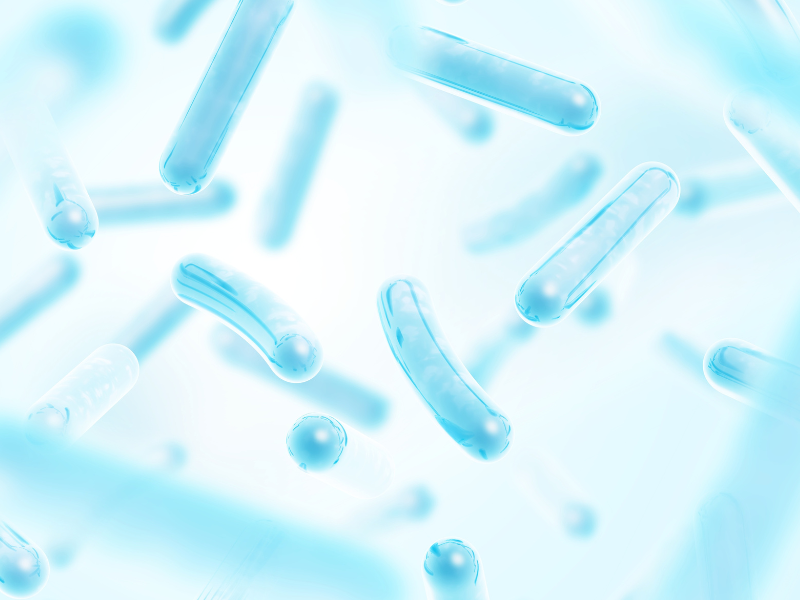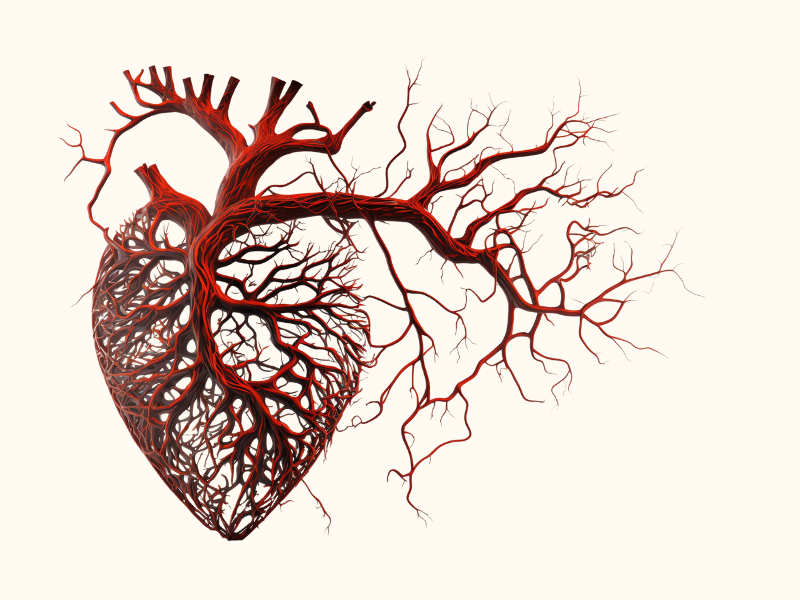29/03/2023

Probiotics: Meet your microbiome
Your gut microbiome. There is no doubt that the digestive system contains trillions of microorganisms, composed of thousands of species.
This is your gut microbiota, often collectively called your gut microbiome. It includes both good and bad species (expectantly, more of the good than bad).
The many benefits attained from probiotics
Not just for the digestive tract
The largest, most studied, and indeed the most well-known part of your microbiome resides in your digestive tract. The contribution these little probiotic microbes have on overall health is huge.
In the digestive tract, they help us convert the foods we eat into useful nutrients for healthy bodily function.
So, straight off the bat, they are great for gut health, though, the ways they benefit us don't stop here! There are many more benefits attained from probiotics.
Probiotics are head-to-toe helpers. Depending on the strain, these helpful organisms can support nearly every part of you. From your mouth and throat to your liver, heart, and even your mental health.
Probiotics can help:
- Mouth & throat
- Liver
- Heart
- Mental health
- Immune health
How probiotics can help the immune system is that they can help hinder inflammation, balance the way the immune system reacts to environmental allergens and encourage antibody production.
In turn, this helps your immune system to fight invaders like viruses and other pathogens.
Read more on our blog post: Probiotics are not just for your gut health
Extracting nutrients from food
The role of a healthy microbiome is to produce enzymes which divide the almost unattainable dietary fibre from plants, turning it into short-chain fatty acids.(4)
These fatty acids cultivate everything from gut health to immune response. (5-6) Now the question is; where may we source more of these helpful little guys?
The first and most obvious source is food. Fermented foods were originally done so to enhance flavour while preserving them from spoilage, foods like yoghurt and fermented vegetables are in fact packed with beneficial bacteria.(1-3)
Prebiotics are different to probiotics. Prebiotics are what nourish both probiotics and the microbes in our gut. Our little friends inside of us need food as much as we do.
It's important to note that our friendly microbes don't desire sweets or a morning cup of coffee.
In order that they thrive, these organisms need plenty of healthy dietary fibre: think
legumes,
fruit,
vegetables,
nuts and
whole grains.
Blocking out bad bacteria is strong role probiotics play. Probiotics help push potentially harmful microbes out, by helping to maintain an acidic pH in the digestive system, as well as competing for nutrient resources with those bacteria even releasing antimicrobial substances! (7)
Read more on probiotics
References
- Arch Latinoam Nutr. 2004; 54(2 Suppl 1):76-8
- Crit Rev Food Sci Nutr. 2019;59(3):506-527
- Adv Food Nutr Res. 2019;87:147-185
- Cell Host Microbe. 2018 Jun 13;23(6):705-715
- Cell Metab. 2014; 20(5):719-730
- Nutrients. 2018 Jul 29;10(8):988
- Adv Appl Microbiol. 2017; 98:1-29






